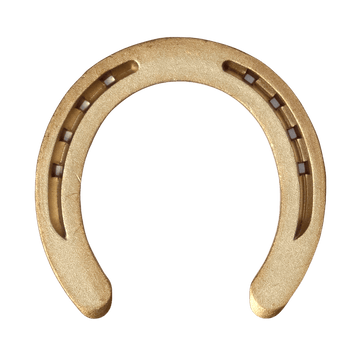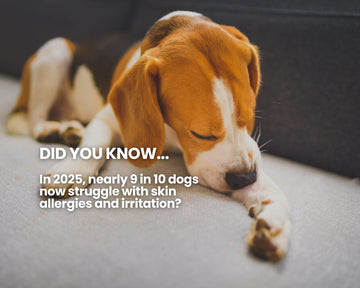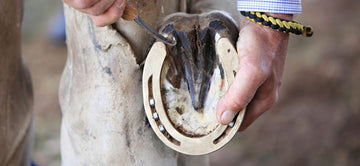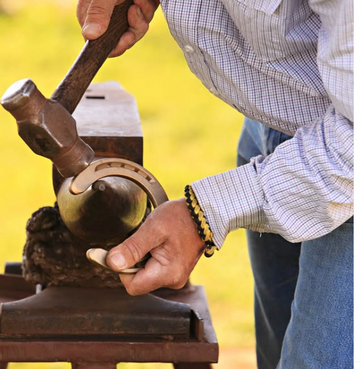Introduction to Equine Care
Caring for your horse starts with consistent, thoughtful grooming. Grooming isn’t just about aesthetics—it plays a vital role in your horse’s physical health and emotional well-being.
An effective grooming session removes dirt, loose hair, and sweat while promoting circulation and allowing you to spot skin irritations, wounds, or abnormalities before they become serious issues.
For every horse owner, building a reliable, easy-to-use grooming kit is key. With the right tools and a regular routine, you’ll help your horse maintain a clean, healthy coat while strengthening your bond.
Whether you’re preparing for competition or simply keeping your horse comfortable on the trail, a well-stocked grooming kit ensures your equine companion looks and feels their best—all without breaking the bank.
Let’s explore the essential horse grooming tools every horse owner should have and how to build a customized kit that suits both you and your horse’s unique needs.

Horse Grooming Tools
A well-rounded grooming kit includes several types of brushes and tools, each serving a specific purpose. Below are the must-haves:
Curry Comb
Purpose: Loosens dirt, hair, and dried sweat from the coat
Best for: The start of every grooming session, especially effective on thick coats
Types: Rubber for sensitive horses, copper curry horse brush for heavy-duty shedding
Dandy Brush (Hard Brush)
Purpose: Removes the loosened dirt and hair from the surface
Best for: Use on the body, especially legs and less-sensitive areas
Note: Not ideal for sensitive spots like the face or belly
Body Brush (Soft Brush)
Purpose: Smooths the coat and brings out natural oils
Best for: Face, belly, and legs; good for daily finishing touches
Benefit: Ideal for all horses, including those with sensitive skin
Mane and Tail Comb or Brush
Purpose: Detangles knots and smooths the mane and tail
Tip: Use conditioner or detangler to prevent hair breakage during grooming
Optional: Choose brushes with rounded tips for gentle detangling
Hoof Pick
Purpose: Cleans out hooves to remove stones, mud, and debris
Essential for: Preventing thrush and maintaining hoof health
Tip: Use carefully around the frog and inspect for cracks or soreness
Sponge and Sweat Scraper
Sponge Purpose: Cleans delicate areas (face, dock) or applies water during baths
Sweat Scraper Purpose: Removes excess water after bathing or rinsing
Tip: Use separate sponges for different body areas to avoid spreading bacteria
Shedding Blade
Purpose: Helps remove shedding hair, especially in spring
Use with caution: Not recommended for sensitive-skinned horses
Grooming Tote or Box
Purpose: Keeps your tools organized and portable
Options: Choose from plastic boxes, soft-sided totes, or rolling carts
Extras: Many come in fun colors like purple, blue, or green

Building a Grooming Routine
Developing a consistent grooming routine benefits both your horse and you. Here’s how to structure your care:
Daily Grooming Tasks
-
Curry and brush to remove surface dirt and loose hair
-
Pick hooves to check for debris and damage
-
Brush mane and tail gently to prevent tangles
-
Quick check for bumps, cuts, or changes in behavior
Weekly Grooming Tasks
-
Deeper cleaning with a sponge or damp cloth
-
Apply coat conditioners or sprays if needed
-
Clean brushes and grooming tools
Monthly Grooming Tasks
-
Wash grooming kit and disinfect tools
-
Trim bridle paths, fetlocks, and tails as needed
-
Deep-clean mane and tail with shampoo
Tip: Grooming is a great time to build trust. Speak calmly, reward good behavior, and use consistent motions.
Creating a Customized Kit
Not all horses are the same—your grooming kit should reflect your horse’s unique needs and your personal preferences. Here’s how to build it out:
For Sensitive Horses
-
Use soft rubber curry combs
-
Choose body brushes with ultra-soft bristles
-
Avoid metal tools unless necessary for shedding
For Horses with Skin Conditions
-
Choose antimicrobial sponges or brushes
-
Avoid shared tools—keep a dedicated set
-
Include medicated shampoos or grooming sprays
For Active or Show Horses
-
Add polish cloths for show-day shine
-
Keep hoof oil, coat conditioner, and fly spray handy
-
Consider compact kits for travel or showgrounds
For Personal Style and Convenience
-
Pick colors or patterns you enjoy using—purple brushes, glitter totes, or compact grooming boxes
-
Choose ergonomic handles for ease of use
-
Keep a small cart or grooming stool with compartments if grooming multiple horses
By building a kit that suits both you and your horse, grooming becomes an efficient and enjoyable part of your daily barn routine.
Benefits of Regular Grooming
Aside from keeping your horse clean, consistent grooming offers a host of other benefits:
-
Promotes circulation: Brushing stimulates blood flow
-
Improves coat condition: Helps distribute natural oils
-
Builds trust: Enhances your bond with your horse
-
Early detection: Spots cuts, swelling, or skin issues early
-
Reduces risk of disease: Removes bacteria and debris that can lead to infections
Horses that are regularly groomed tend to have shinier coats, healthier hooves, and better behavior overall.
Tips for Storage and Maintenance
Keep your grooming tools in top condition by following these care tips:
-
Rinse brushes after use, especially during shedding or mud season
-
Allow tools to dry completely before storing to prevent mold
-
Store in a dry, clean tote or hanging bag
-
Disinfect tools regularly, especially if shared among horses
Grooming on a Budget
You don’t need to spend a fortune to maintain a great grooming kit. Consider:
-
Buying multipacks or starter kits at a discount
-
Choosing synthetic tools (more affordable than natural fiber brushes)
-
Watching for local tack shop sales or online bundles
-
Gradually upgrading tools over time as your needs grow
Focus on durability and comfort—tools that last will save you money in the long run.
Frequently Asked Questions
What should be in a horse grooming kit?
A basic kit should include a curry comb, stiff dandy brush, soft body brush, hoof pick, mane/tail comb, sponge, sweat scraper, and a tote or box to hold it all.
What’s the difference between a dandy and a body brush?
A dandy brush has stiff bristles for removing dirt from the outer coat. A body brush has softer bristles for smoothing the coat and removing finer dust and hair.
What is the correct order to groom a horse?
Start with the curry comb to loosen dirt and hair, follow with the dandy brush to sweep away debris, then the body brush to polish the coat. Finish with hoof picking, mane/tail grooming, and spot cleaning with a sponge if needed.
How often should a horse be groomed?
Ideally, a horse should be groomed daily to maintain coat health, bond with the owner, and check for injuries. At a minimum, groom before and after riding.
Conclusion
An essential equine grooming kit is more than a collection of tools—it’s a commitment to your horse’s well-being. By assembling the right brushes, combs, and care items tailored to your horse’s coat and personality, you’ll create a grooming experience that’s effective, enjoyable, and rewarding.
Start with the basics, build as you learn, and take pride in the care you give your horse. Whether you're maintaining a sleek show coat or simply keeping trail dust at bay, consistent grooming improves your horse’s health, happiness, and performance.
With the right grooming kit in hand, you’ll not only help your horse shine—you’ll also deepen the bond you share through every stroke of the brush.










